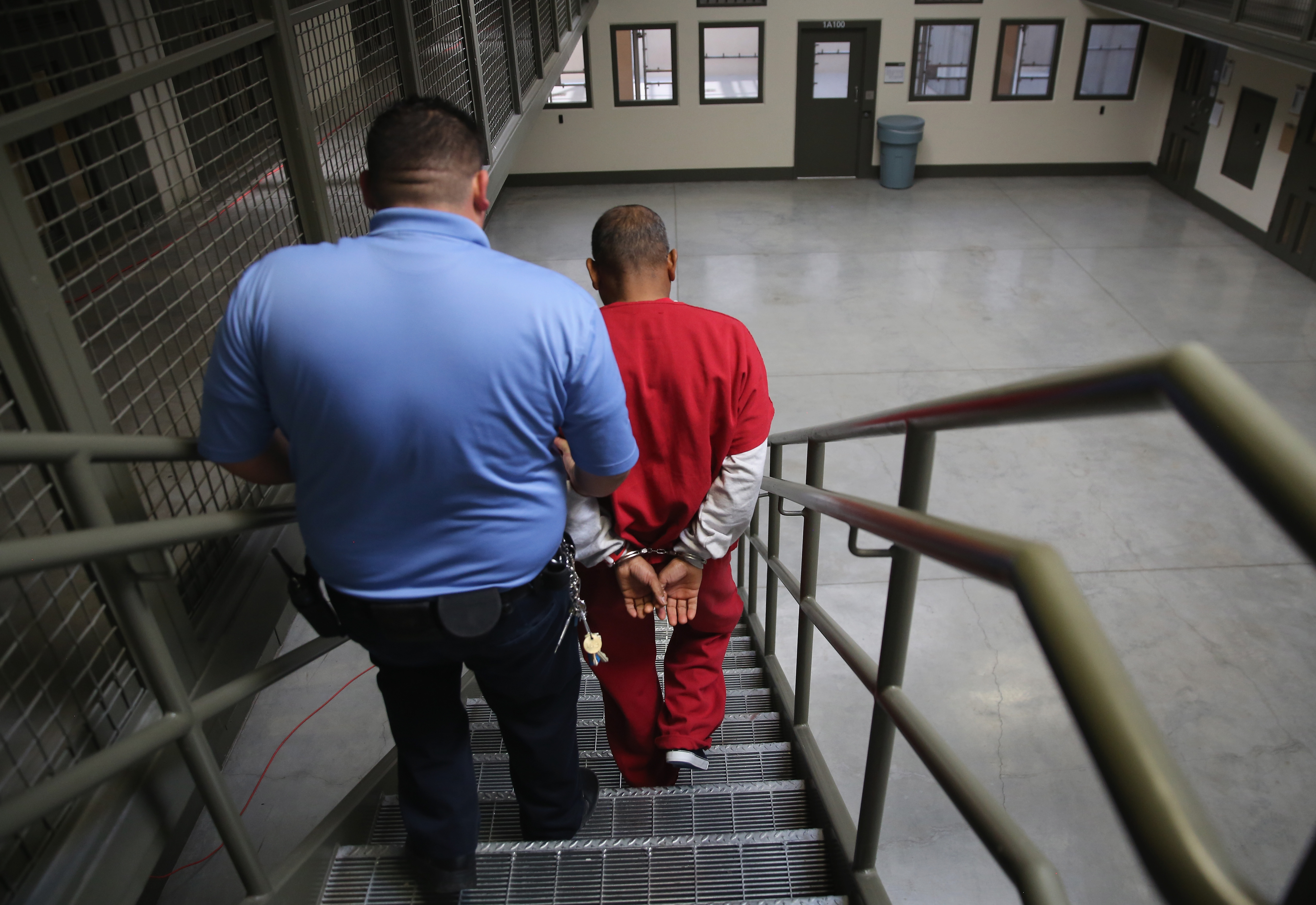As President-elect Donald Trump pledged to carry out mass deportations of undocumented immigrants when he returns to the White House in January, California farmworkers, many of whom are undocumented, are bracing for possible changes in their lives.
A California farmer said whatever the plan will be, he hopes the second Trump administration’s policies won’t interrupt the workforce.
“We are waiting to see if he’s starting off with deporting criminals or deporting people that just came across the border,” Joe Del Bosque, the CEO of the Del Bosque Farms in Central California, said.
Del Bosque said the current workforce in the state is barely covering their needs.
Get top local stories in Southern California delivered to you every morning. >Sign up for NBC LA's News Headlines newsletter.
“If we have labor shortages, and we can’t get our crops picked and sent to market, it could have an impact at the grocery shelves,” the farmer said. “There could be less fruits or vegetables in the produce area and it could drive prices higher.”
Research from UC Merced and the Federal Labor Department shows about half of the estimated 162,000 farmworkers in California are undocumented. Although ICE raids are not uncommon they say a massive deportation this time would have deeper consequences.
“People are not having kids, and people are aging. There won’t be enough people answering the workforce (for) pandemics, bird flu, warming climate, floods disasters,” said Edward Flores, a sociology professor at UC Merced, said.
Nonprofits like TODEC Legal Center are stepping up efforts across the Inland Empire to educate farmworkers, hoping the new administration will consider better work program options or even a path to citizenship.
“They have to value immigrant farmworkers that harvest the food for all and don’t get any benefits because of their immigration status,” Luz Gallegos, the executive director of TODEC, said.”
California has several options like the visa program H2A, which allows farmers to hire temporary workers. But farms said it’s not a one-size-fits-all option as they hope the government will work with them and the workforce to stabilize the food supply.



